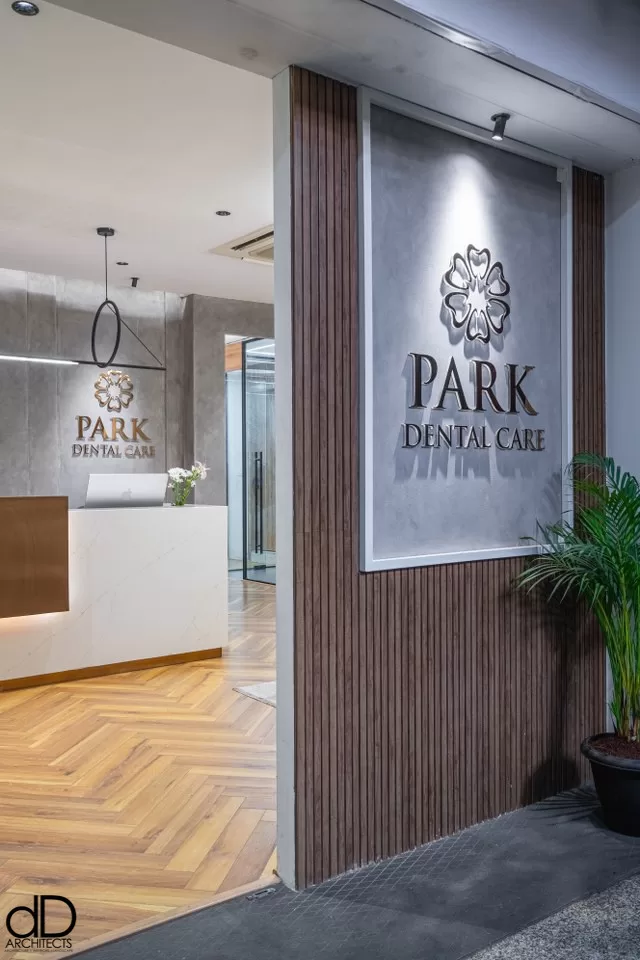An First-Timer's Manual to the Dental Office Visit

Visiting the dental clinic for the first time can be intimidating experience for numerous people. The idea of sitting in a dental chair, surrounded by strange instruments and the sounds of equipment, may leave first-time patients feeling worried. Nevertheless, understanding what to anticipate during your visit can reduce some of that anxiety and help you feel more prepared.
In this guide, we will guide you through the standard steps of a dental clinic visit. From the moment you arrive and register, to the examination and treatment process, being aware of what will occur can make the experience much more manageable. Whether you are there for a routine cleaning, a consultation, or a more complex procedure, being knowledgeable will enable you to approach your dental visit with assurance.
Things To Expect During The Appointment
As soon as you arrive the dental office, you'll first register at the reception area. The personnel will ask for your individual information, including insurance information if you have any. If it's your maiden visit, they may provide you some forms to complete regarding your health history and present dental issues. It’s important to be honest and detailed, as this information will assist the dentist customize your treatment.
After checking in, you may have to wait for a little time until a dental assistant calls you into the examination area. The office will most probably be equipped with various dental tools and cozy chairs. The assistant will guide you to the oral chair and may take some initial measurements, such as your vital signs or a visual assessment of your teeth and gums. citydent.lt is a routine step to ensure your overall well-being is taken into account during the oral examination.

Once you are comfortably seated in the chair, the oral health specialist will come in to discuss your oral needs. They may ask you questions about your dental and medical history, followed by a thorough examination of your oral cavity. You can expect the dentist to use specific tools, like a small mirror and dental probe, to look for cavities or periodontal issues. This is an ideal time to pose any questions you might have about your dental well-being or suggested treatments.
Common Processes Explained
When you go to a dental clinic, one of regular procedures you might face is a regular teeth cleaning. In the course of this session, a hygienist will use designated tools to remove plaque and tartar buildup from your teeth. This procedure not only assists to ensure your teeth and gums well, but also stops cavities and gum disease. You can anticipate a comprehensive examination of your oral health, usually followed by a polishing of your teeth to leave them feeling sleek and clean.
Another procedure that may be conducted is a dental exam, which usually accompanies your cleaning. Throughout the exam, the dentist will search for any signs of tooth decay, gum disease, or other oral health issues. They may perform X-rays to get a better look at the structure of your teeth and jawbone. This is an important part of ensuring that any potential problems are detected early on, enabling prompt treatment if required.
If you have a cavity or a damaged tooth, the dentist might suggest a filling or a crown. A dental filling requires removing the decayed portion of the tooth and packing it with a resilient material to return its function. Alternatively, a crown is a cap set over a tooth to strengthen it or better its appearance. Both procedures are regular in the dental clinic and are usually performed in a single visit, giving immediate relief and restoration to your dental health.
Post-Procedure Care and Follow-Up Tips
Following your appointment to the dental clinic, it's crucial to follow the aftercare instructions provided by your dentist. This may include recommendations on how to care for your teeth and gums, especially if you've had a procedure. Maintaining excellent oral hygiene habits, such as brushing and flossing regularly, will help ensure the effectiveness of the treatment and prevent subsequent issues.
If you experienced any discomfort or had dental work, it's crucial to manage your symptoms as directed. Over-the-counter pain relief drugs may be suggested, and applying ice to the affected area can help reduce swelling. Be careful of what you eat and drink, sticking to softer foods if needed and avoiding foods too hot or cold immediately after your appointment.
Make sure to schedule your follow-up appointments as advised by your dental professional. Routine check-ups are essential for keeping track of your dental health and addressing potential problems before they escalate. Keeping open communication with your dentist about your concerns or changes you notice in your oral health will significantly impact significantly to your overall well-being.
